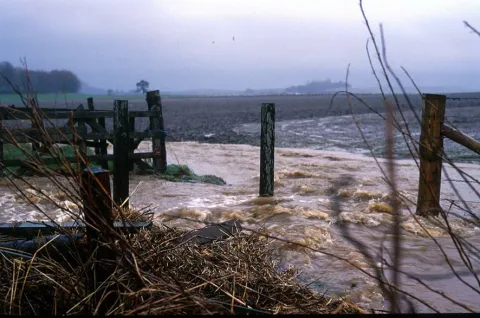
CREW Code: CRW2022_04
Theme: Land and Water Resouce Management
Project status: This project has completed. Click here to visit the publication page to view the project outputs.
Type of project: Capacity building
Lead research team: James Hutton Institute
Scotland’s various policies to protect its soils from degradation create economic benefits. In this project the economic costs of soil degradation in Scotland were estimated. Using the best available data the impacts of soil compaction, sealing and contamination were assessed. The extent of these degradation processes was then used to calculate the costs across Scotland. Compacted soils can cost farmers £15 to £209 per ha in extra fuel use. The annual combined impact on crop yields and fuel use across Scotland is likely to cost between £25 million and £75 million. The compaction of soils and sealing by infrastructure could lead to a 1% increase in flooding, with insurance claims of between £57,000 and £76,000 per property flood event. Soil compaction can exacerbate erosion and increase previous estimates of erosion costs. Soil degradation also arises from contamination and the loss of biodiversity, but these are difficult to estimate. Given large costs of soil degradation annually, policies to protect this natural resource will benefit Scotland’s economy. The project team only costed direct impacts, using the available data that was often limited. The indirect costs on pollution, human health, supply chains and greenhouse gas emissions will be much greater, and additional monitoring is required to assess these effectively.
This project has completed. Visit the publication page here to view the project outputs.